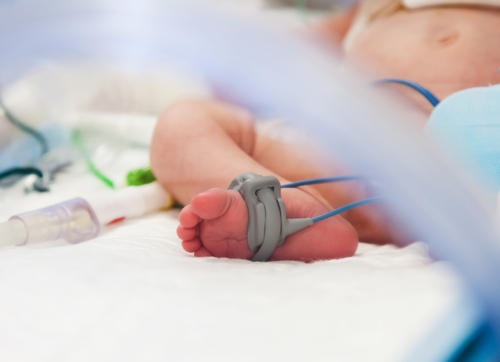Therabron Therapeutics, Inc., a biotechnology company that specializes in providing breakthrough solutions to respiratory disease management, recently announced it has already enrolled half of the targeted number of patients in a Phase 2a clinical trial of its flagship product candidate, CG100, designed to help prevent chronic respiratory morbidities in premature babies — including bronchopulmonary dysplasia (BPD). The trial will be operating on a generous research grant from the US FDA’s Office of Orphan Product Development.
“We are encouraged by the progress we have made with patient enrollment in this trial and the interest expressed by the neonatology community in our potentially transformative technology platform. Importantly, our data and safety monitoring board has not observed any unexpected safety or tolerability concerns in the trial to date, allowing us to now proceed to the highest dosing group in this study,” said Dr. Aprile L. Pilon, Founder, Chairman and CEO of Therabron Therapeutics. “CG100 has the potential to provide a significant respiratory health benefit for very premature infants following discharge from the neonatal intensive care unit.”
The active component in CG100 is a recombinant human CC10 protein, which is known to play a major role in preserving lung function by maintaining airway epithelia. The product is administered via intratracheal instillation once the newborn is intubated, and, in previous tests, has shown the ability to improve long-term patient outcomes and lessen healthcare costs on patients’ families.
Findings from a previous clinical trial with CG100 showed the product’s ability to suppress inflammatory mediators in the lungs and reduce lung injury. Additionally, the need for medication and readmission due to respiratory complaints 6 months after the initial hospital stay were also reduced, compared to neonates that did not receive CG100.
The company expects to complete enrollment for CG100’s Phase 2a study by the end of the year, with a series of interim results due for release throughout 2016.
In a previous report on respiratory health in premature infants, according to a recent study published in the Annals of the American Thoracic Society, adults born very or extremely preterm have respiratory limitations to exercise similar to patients with chronic obstructive pulmonary disease, similar to healthy elderly or casual smokers by the time they reach their early 20s.

